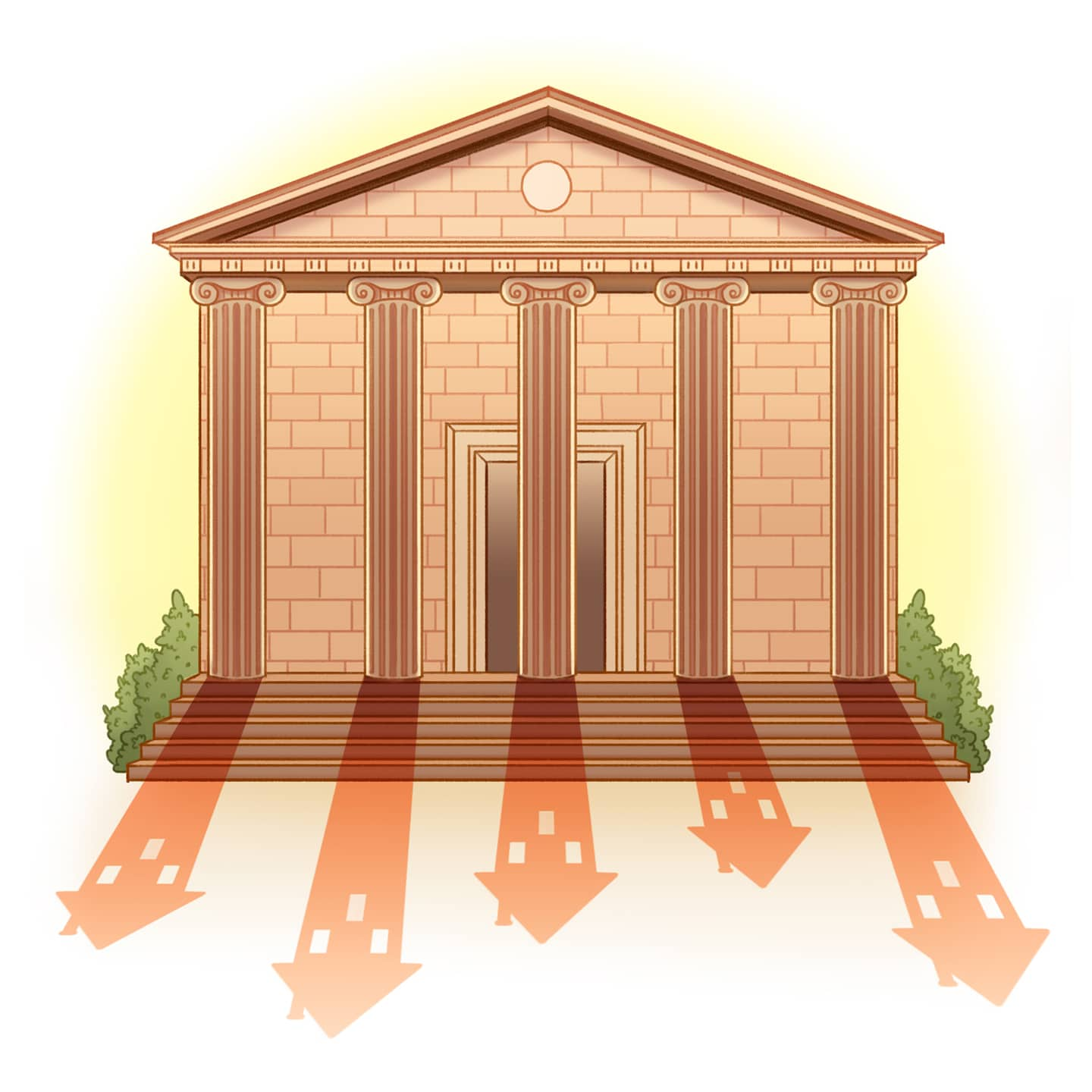Mortgage rates move higher for second straight week but remain below 3 percent

The 30-year fixed-rate average moved higher for the second week in a row but remained below 3 percent. It was 2.99 percent with an average 0.8 point, according to the latest data released Thursday by Freddie Mac. (Points are fees paid to a lender equal to 1 percent of the loan amount and are in addition to the interest rate.) It was 2.96 percent a week ago and 3.55 percent a year ago.
Freddie Mac, the federally chartered mortgage investor, aggregates rates from around 80 lenders across the country to come up with weekly national average mortgage rates. It uses rates for high-quality borrowers who tend to have strong credit scores and large down payments. These rates are not available to every borrower.
The 15-year fixed-rate average rose to 2.54 percent with an average 0.7 point. It was 2.46 percent a week ago and 3.03 percent a year ago. The five-year adjustable rate average ticked up to 2.91 percent with an average 0.3 point. It was 2.9 percent a week ago and 3.32 percent a year ago.
“Mortgage rates rose sharply over the last seven days as a result of a surprising new policy making refinance loans more expensive,” said Matthew Speakman, a Zillow economist.
Last week, the FHFA announced a price adjustment for refinance transactions. The adjustment is 0.5 percent of the loan amount (e.g., on a $300,000 loan that comes out to $1,500) and applies to all Fannie Mae and Freddie Mac refinances starting in September.
The fee “is a move on their part to mitigate risk of future defaults on the conforming loans they guarantee,” Glenn Brunker, a mortgage executive at Ally Home, wrote in an email. “The new fee, scheduled to take effect Sept. 1st, will drive revenue to offset what could be higher default rates due to prolonged economic uncertainty caused by the pandemic. It’s important to know this new fee excludes purchase loans — so it won’t affect home buyers — and would also not apply to non-conforming loans like jumbo loans used to finance larger loan amounts. What remains to be seen is how this new fee will affect the mortgage industry. Lenders could choose to absorb some or all of this fee to keep their rates competitive, or they could choose to pass these fees onto the customer and maintain their margins.”
Lenders were not happy.
“This is a personal message I received from a senior FHFA official. ‘It’s not at all about increased refi risk, it’s about recouping covid costs. Forbearance isn’t free,’ ” said Dick Lepre, senior loan officer at RPM Mortgage. “I found that brutally honest and to the point. … While I am not happy about the 50 [basis point] hit for all refis, we can live with that. The immediate implementation is, in my view, capricious and unfair to us.”
Edward Pinto, director of the American Enterprise Institute’s Housing Center, said already the fee is having its desired effect and not damping enthusiasm for refinances.
“The early data indicate that the overall impact is modest,” he wrote in an email. “Refis will continue to be made at high volumes. … Borrowers will be paying for increased levels of market risk specifically associated with refinances.”
Pinto defended the FHFA’s decision.
“The new [half-]point market adjustment fee is not only appropriate, but it would have been a dereliction of regulatory oversight not to have taken action,” he said.
Bankrate.com, which puts out a weekly mortgage rate trend index, found the experts it surveyed nearly evenly divided on where rates are headed in the coming week. Forty percent expect rates to go up, 40 percent expect them to remain about the same and the other 20 percent expect them to go down. Jennifer Kouchis, senior vice president of real estate lending at VyStar Credit Union in Jacksonville, Fla., is one who predicts rates will rise.
“I don’t know that anyone was expecting last week’s shocking news to charge a 0.5 percent loan-level price adjustment on refinance loans sold to Fannie Mae and Freddie Mac while we are in the midst of a global pandemic,” Kouchis said. “Unfortunately, this has spurred rate increases across the market, pushing away from the all-time interest rate lows that were seemingly the new normal. The Federal Housing Finance Agency’s decision is indefensible and will continue to impact rates.”
Meanwhile, mortgage applications retreated last week. According to the latest data from the Mortgage Bankers Association, the market composite index — a measure of total loan application volume — decreased 3.3 percent from a week earlier. The purchase index ticked up 1 percent from the previous week and was up 27 percent year-over-year. However, higher mortgage rates pushed down the refinance index, which fell 5 percent but was 38 percent higher than a year ago. The refinance share of mortgage activity accounted for 64.6 percent of applications.
“The overall decline in applications was driven by a drop in refinancings, which comprise the bulk of activity,” said George Ratiu, senior economist at Realtor.com. “The desire for more space in the new remote work environment and motivation to lock in a lower monthly payment is pushing the increase in purchase applications, despite the mounting uncertainty surrounding the economy and a covid vaccine.”
More Real Estate:






